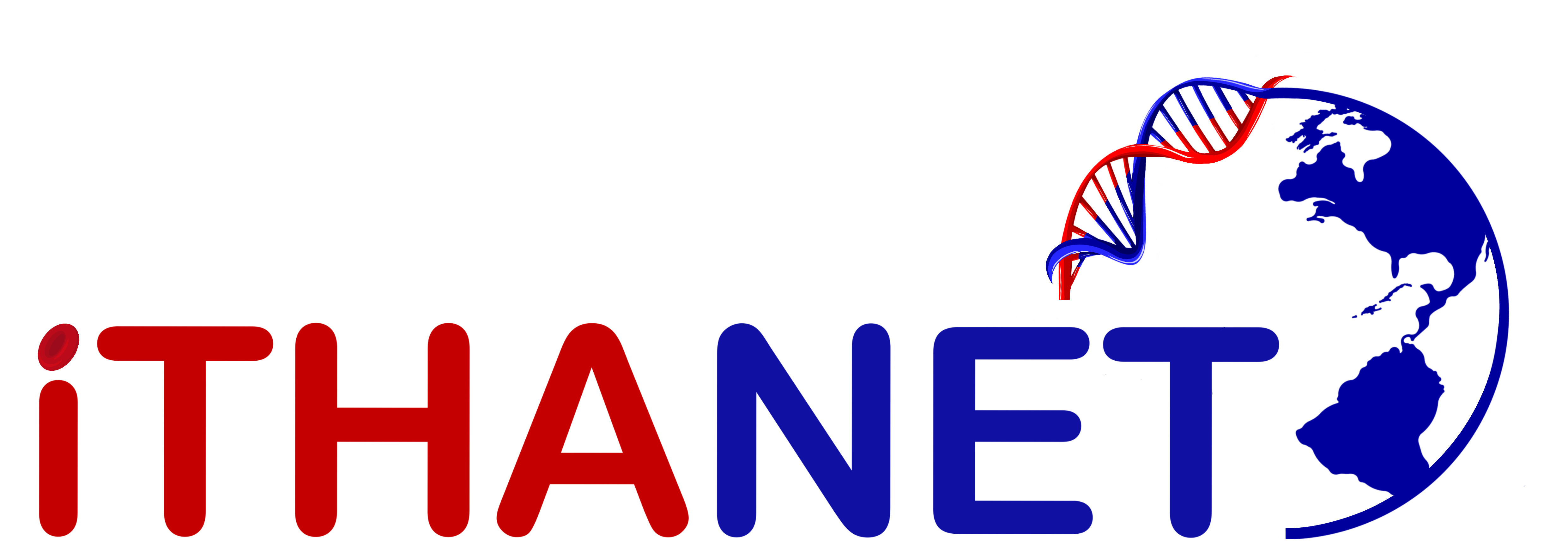
IthaID: 2789
Names and Sequences
| Functionality: | Disease modifying mutation | Pathogenicity: | N/A |
|---|---|---|---|
| Common Name: | rs3074372 | HGVS Name: | NG_023030.1:g.4828_4829insGT |
We follow the
HGVS sequence variant nomenclature
and
IUPAC standards.
Context nucleotide sequence:
tgtgtgtgtgtgtgtgtgtgtgtgt [-/GT] tTTCTCTAAAAGTCCTATGGCCAGA (Strand: +)
Comments: The variant is a (GT)n dinucleotide repeat located in the promoter region of the HMOX1 gene. It associated with hospitalization rates for acute chest syndrome in children with sickle cell disease or sickle β0 thalassemia acquired from the Silent Cerebral Infarct Transfusion (SIT) Trial (n=924). The long form (> 25 GT repeats) was found to be linked with increased HbF levels in a SCD cohort from India, but not significantly associated.
External Links
Phenotype
| Allele Phenotype (Cis): | N/A |
|---|---|
| Allele Phenotype (Trans): | N/A |
| Associated Phenotypes: | Acute chest syndrome |
Location
| Chromosome: | 22 |
|---|---|
| Locus: | NG_023030.1 |
| Locus Location: | 4828 |
| Size: | 2 bp |
| Located at: | HMOX1 |
| Specific Location: | Promoter |
Other details
| Type of Mutation: | Point-Mutation(Insertion) |
|---|---|
| Effect on Gene/Protein Function: | N/A |
| Ethnic Origin: | Northern American, European |
| Molecular mechanism: | N/A |
| Inheritance: | Quantitative trait |
| DNA Sequence Determined: | Yes |
In silico pathogenicity prediction
Publications / Origin
- Bean CJ, Boulet SL, Ellingsen D, Pyle ME, Barron-Casella EA, Casella JF, Payne AB, Driggers J, Trau HA, Yang G, Jones K, Ofori-Acquah SF, Hooper WC, DeBaun MR, Heme oxygenase-1 gene promoter polymorphism is associated with reduced incidence of acute chest syndrome among children with sickle cell disease., Blood , 120(18), 3822-8, 2012
- Hariharan P, Chavan V, Nadkarni A, Significance of heme oxygenase-1(HMOX1) gene on fetal hemoglobin induction in sickle cell anemia patients., Sci Rep, 10(1), 18506, 2020
Created on 2016-05-16 16:12:44,
Last reviewed on 2020-11-12 08:56:13 (Show full history)
Disclaimer: The information on this website is provided as an information resource only
and must not to be used as a substitute for professional diagnosis and treatment.
The ITHANET Portal and IthaGenes are not responsible or liable for any advice, course of treatment,
diagnosis or any other information, services or products that an individual obtains through this website.